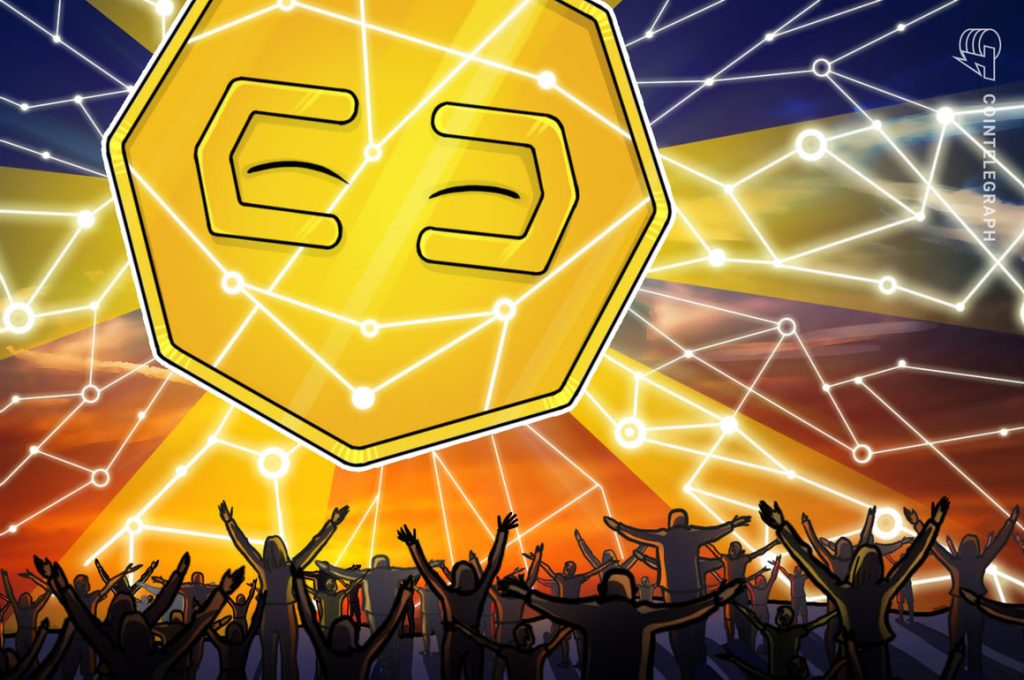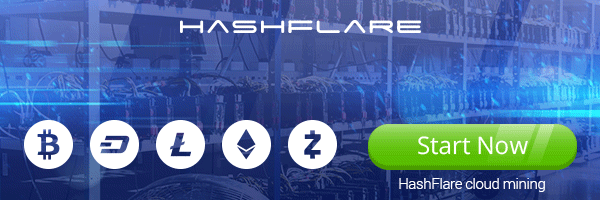Decentralized finance came to life with the inception of Ethereum in 2013. However, it truly hit the ground running in 2016–2017 with the backing of Ethereum developers and some entrepreneurs and experts in the financial investment sphere. To get our facts right and clear all misconceptions, DeFi encapsulates a variety of financial applications in cryptocurrency or blockchain that are geared toward removing intermediaries between parties in financial transactions.
Related: The great unbanking: How DeFi is completing the job Bitcoin started
A large majority of DeFi applications are built on top of Ethereum. The first major, and the largest, DeFi application is MakerDAO, which was founded by Rune Christensen. Ethereum, to put it briefly, is an open-source platform that uses blockchain technology to create and run decentralized digital applications.
The development of DeFi in subsequent years
As an exciting new concept, DeFi is the rapidly expanding ecosystem of blockchain-based financial products that look to replicate or expand on the capabilities of traditional finance institutions — like banks, payment processors, clearinghouses and more. DeFi is portrayed to be a solution to the problems faced by traditional banking and financial institutions and shows how it may eventually replace the old system, in real time. Regardless of the technology or platform used, DeFi systems are designed to do away with intermediaries between transacting parties.
The volume of trading tokens and money locked in smart contracts in its ecosystem has been growing exponentially, proving that this concept is here to stay. As per DeBank, there is approximately $60.5 billion in net value currently locked in DeFi.
DeFi provides an accessible approach to manage financial transactions. As the name suggests, government jurisdictions and changes by centralized financial institutions do not apply to it. This eliminates the dependency on third parties, giving users complete control over their transactions and at the same time allowing them to remain anonymous since all transactions are carried out over smart contracts on the blockchain. Transactions and trading of cryptocurrencies can be executed from any location since it provides financial inclusivity.
DeFi regulations
While there are no clear regulatory guidelines on DeFi-related topics, there are a few countries where certain isolated cases are taken into consideration by the country’s governing bodies. Although DeFi may hold great promise, it also raises novel policy and regulatory considerations.
Related: FATF draft guidance targets DeFi with compliance
The United States’ financial regulation assumes the presence of intermediaries, and it applies regulation to intermediaries as a way to regulate financial markets and related activities comprehensively. As a result, regulators and policymakers may find that DeFi can lead them into uncharted, yet-to-be-tested territory.
Why will DeFi dominate the globe?
The decentralized finance sector has seen skyrocketing growth over the years. The ethos of the crypto and DeFi function is taking baby steps into conventional finance sectors vis-a-vis the saga involving GameStop and WallStreetBets.
Related: GameStop saga reveals legacy finance is rigged, and DeFi is the answer
At some point, the question to be asked is not whether DeFi will become a major factor in the global economy but rather how creatively it will be developed and to what extent it will emerge as a force for broad benefit.
One of the keys to guiding DeFi in a beneficial direction will be integrating advanced decentralized artificial intelligence. So far, few DeFi projects have leveraged AI, but we may well see AI woven into the next burst of DeFi activity later in 2021 — and maybe even in a way that enables DeFi to push startup decentralized technical projects forward with much more velocity and purpose.
Conclusion
There are no two ways about DeFi emerging as an important player in the financial firmament today. It is not about new toys for speculators to play with nor the provision of more sophisticated financial tools for those who prefer to keep their wealth outside the control of centralized authorities. DeFi has the potential to be much more than this, but the key to achieve truly profound influence will be the extension of DeFi beyond Bitcoin (BTC) and Ether (ETH) to the broader scope of lower-liquidity cryptocurrencies.
Since 2020, DeFi has spawned a vast network of platforms and protocols that allow users to swap, trade, deposit, borrow and lend cryptocurrency for income and growth opportunities. This sort of cascading activity in the space has not been seen in traditional finance markets for decades.
This article does not contain investment advice or recommendations. Every investment and trading move involves risk, and readers should conduct their own research when making a decision.
The views, thoughts and opinions expressed here are the author’s alone and do not necessarily reflect or represent the views and opinions of Cointelegraph.
Neeraj Khandelwal is the co-founder of CoinDCX, an Indian crypto exchange. Neeraj believes that crypto and blockchain can bring about a revolution in the traditional finance space. He aims to build products that make crypto accessible to and easy for global audiences. His areas of expertise lie in the crypto macro space, and he also has a keen eye for global crypto developments such as CBDCs and DeFi, among others. Neeraj holds a degree in electrical engineering from the prestigious Indian Institute of Technology Bombay.






